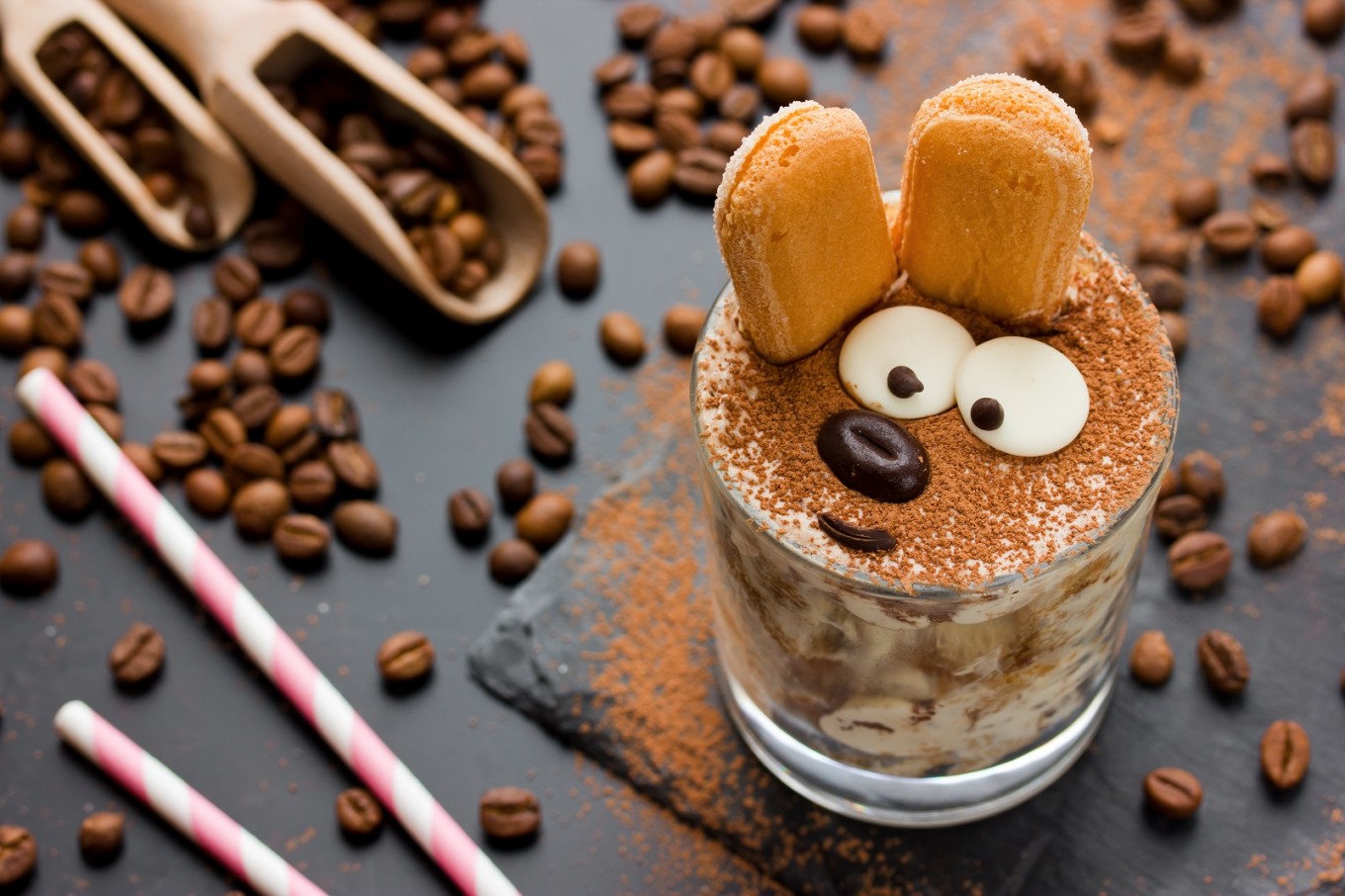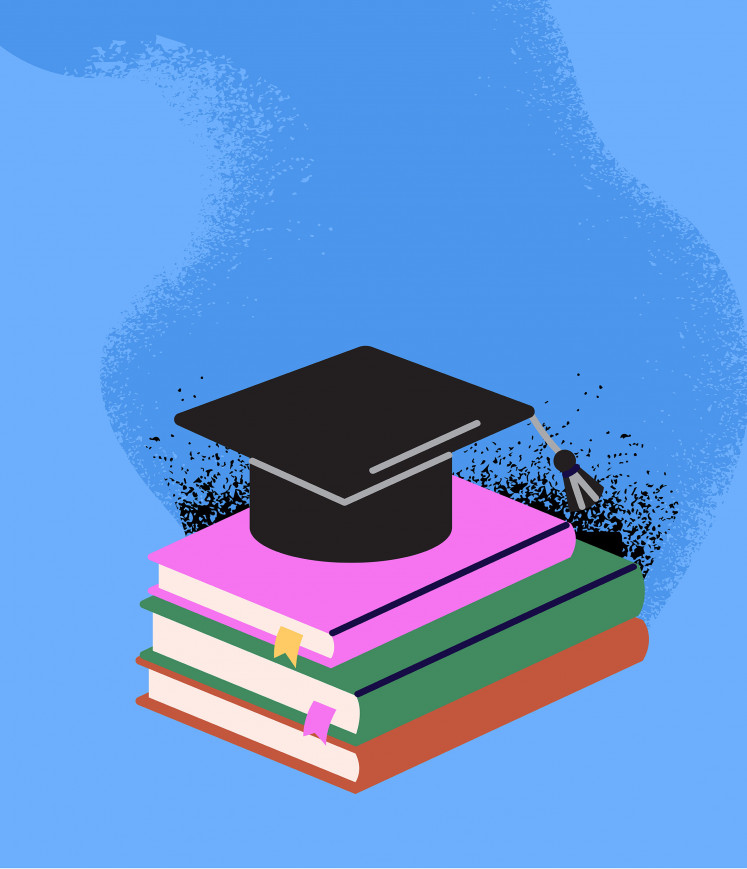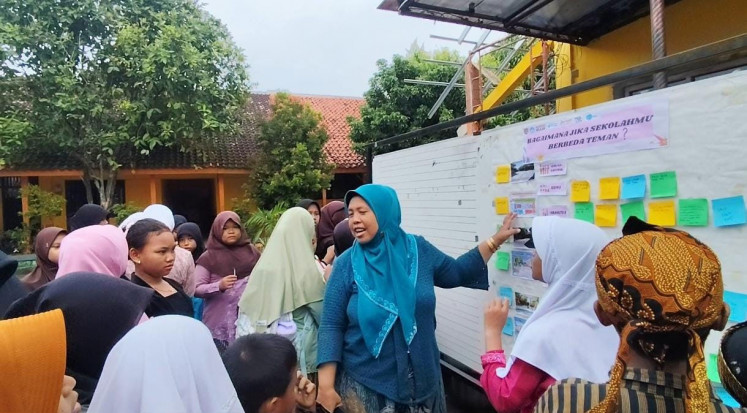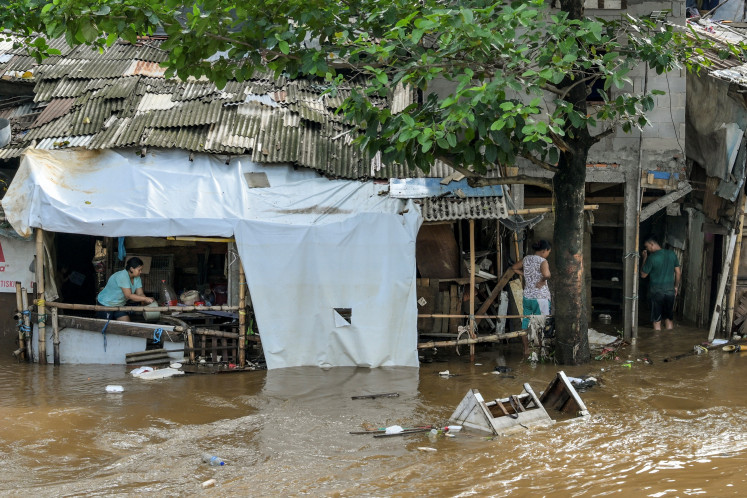Popular Reads
Top Results
Can't find what you're looking for?
View all search resultsPopular Reads
Top Results
Can't find what you're looking for?
View all search resultsCoffee for kids, yes or no?
It is best to start drinking coffee toward the end of adolescence, but a child may have small doses of caffeine and benefit from its effects.
Change text size
Gift Premium Articles
to Anyone
W
hile some kids may think a babyccino is for babies and they are old enough for real coffee, parents should consider a few things before their young ones indulge in caffeine.
Toby Amidor, a clinical dietician, told Healthline that the United States did not apply a standard for caffeine intake in kids. Unlike Canada, which puts a maximum limit of 45-miligrams of caffeine per day (equivalent to one can of soda).
Toby said that a few sips of coffee once in a while was no big deal, but it should not develop to daily cups of coffee, especially when there is additional cream and sugar that can lead to weight gain and cavities.
She went on to say that because too much caffeine could interfere with calcium absorption, proper growth could also be negatively affected. In the shorter term, a high dose of caffeine can lead to insomnia, jitteriness, upset stomach, headaches and increased heart rate.
An expert on nutrition and dietetics, Andy Bellati confirms in the same Healthline article that he has seen research that points out coffee as the culprit of negative cardiovascular and neurologic effects, as children who consume caffeine suffer from anxiety and insomnia.
Andy, however, also points out that the issue is now bigger than coffee. Caffeine and sugar are also found in “energy drinks” popular among teenagers, and large portions of coffee-based drinks containing syrups, whipped cream and caramel sauce. Coffee then becomes “a vessel of empty calories in the form of added sugar”, as Andy puts it.
If a child wishes to drink real coffee as in an espresso, cappuccino and latte on a daily basis, he suggests to wait until the age of 18. It is similar to Toby’s recommendations, that one should start drinking daily coffee toward the end of adolescence when growth and development slows down.
Read also: Three cups of coffee a day lowers risk of clogged arteries, says study
Another opinion argues that caffeine stunts grow. Registered dietician Alex Caspero said in Healthline that although it was widely believed, the theory was not backed by research. But Alex points out that caffeine is diuretic, therefore parents need to give extra caution if the child is drinking coffee and exercising.
When consumed once in a while in a moderate dose, caffeine, however, can help increase alertness and focus. Dietician Cassie Bjork told Healthline that it was most recommended that adults limit caffeine intake to 200-300-mg per day.
“And for developing children, it may be wise to stick to half of this amount to be safe,” said Cassie. (mut)










